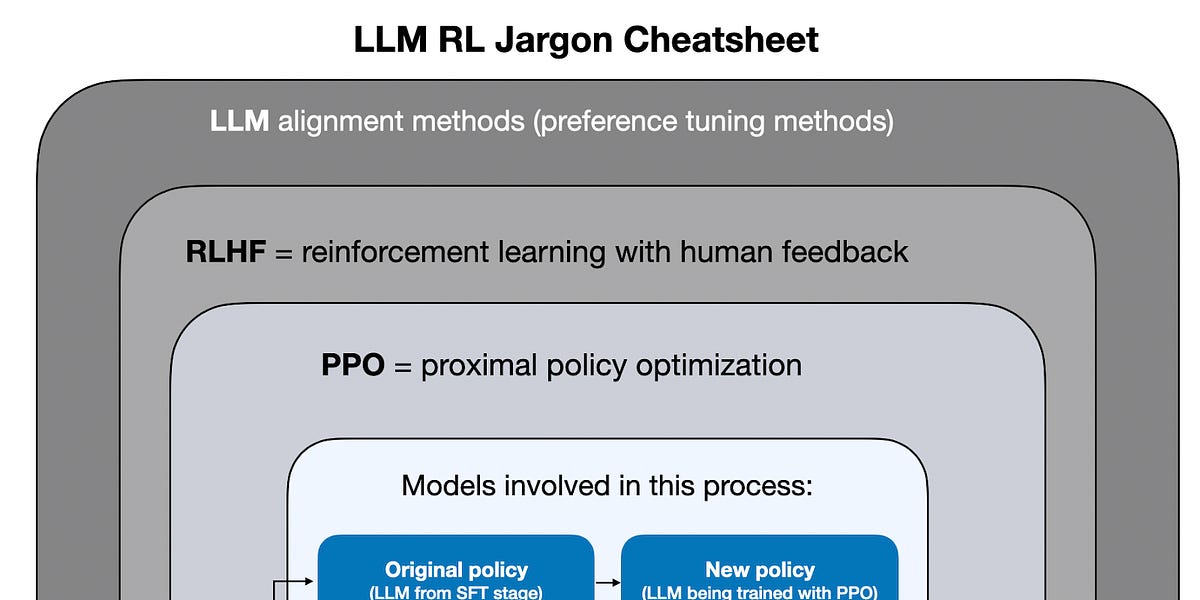A new report from IDC and AMD suggests they will.

Illustration by Nalini Nirad
In September last year, American research firm Gartner predicted that by 2026, AI-enabled PCs would occupy 100% of the enterprise market. While this was a bold claim, a recent survey from IDC, in collaboration with AMD, revealed that various industries were indeed moving in this direction.
The IDC report focused on adopting AI PCs equipped with Microsoft’s Copilot+, a suite of AI features that can operate on local hardware without relying on cloud and online services. This capability is made possible by neural processing units (NPUs), which are dedicated units that manage all AI-related tasks.
To deploy Copilot+, Microsoft requires manufacturers to integrate at least 16 GB of memory, a 256GB SSD, and an NPU that can process a minimum of 40 TOPS, or trillion operations per second.
Currently, AMD, Qualcomm Snapdragon, and Intel are offering NPU-enabled chips, with OEMs such as ASUS, Acer, Lenovo, Microsoft (Surface), HP, and others building these AI-enabled laptops. Additionally, Microsoft deploys its small language models, like its Phi Silica, for on-device AI usage on these PCs.
IDC surveyed 670 respondents—all managers and higher-ups—responsible for or influencing PC purchases across various industries and countries, including France, Germany, Japan, the UK, and the US. To start with, 73% of the respondents indicated that the release of AI PCs has accelerated their plans to refresh their PCs within the organisation.
A driving force behind these numbers is that running AI operations locally with sensitive data alleviates privacy concerns compared to executing them in the cloud. However, most respondents indicated that AI PCs will ‘eliminate’ repetitive tasks and help employees concentrate on what is truly important.
Additionally, 86% of respondents indicated that they expect to implement AI PCs primarily in the IT department, followed by marketing (51%), operations (51%), sales (44%), and finance and accounting (44%), among others.
“This confidence in a future AI PC ROI resulted in 82% of survey respondents saying they plan to acquire some AI PCs between now and the end of 2025,” said the report. “Moreover, more than half of the respondents said they will pay up to a 10% premium to acquire PCs with a capability of over 40 TOPS (Copilot+ PCs) in the future,” the report added.
In an interaction with AIM, Saurabh Agarwal, COO of Lenovo India, expressed his optimism towards industries adopting AI PCs. “As AI PCs evolve, we are optimising our devices for on-device AI processing, enhancing productivity and security for enterprises and customers,” he said.
“AI is expected to drive the next PC refresh cycle and act as a major growth catalyst, with these devices projected to capture 20% of the market by FY25, further fueling demand and innovation in the industry,” added Agarwal.
But Are AI PCs Worth It?
While industry analysts and leaders remain bullish on AI PCs, it is also essential to look at how these devices perform in the real world.
According to a report from CNET, these Copilot+ PCs equipped with Arm architecture-based chipsets offer superior battery life, even in comparison with Apple’s MacBook equipped with their M Series chips. For example, the HP OmniBook X 14 ran over 25 hours in an online streaming test.
While features like Live Captions and Studio Effects (like background blur, noise reduction) work offline on the device, the Copilot Chatbot still requires an internet connection. These AI PCs also offer various AI-enabled photo editing features and image creation tools.
The presence of an NPU makes it possible to run various small models locally.
Recently, Microsoft announced that the distilled versions of DeepSeek-R1’s 7 billion and 14 billion parameter models are available for download via Azure AI Foundry on Copilot + PCs. The company also said that the DeepSeek-R1 14B model outputs eight tokens per second, aiming to optimise the performance further.
The 1.5B model, which is much smaller, demonstrated close to 40 tokens per second.
However, a few users have had difficulties extracting the most from these NPUs. Peter Walden, CEO of Useful Sensors Inc. and a founding member of the TensorFlow team, identified a significant shortcoming during his hands-on evaluation.
While running an open-source benchmark to push the AI PCs to their limits using a foundational model, he found that Qualcomm’s NPU delivered just 573 billion operations per second—far below the advertised 45 trillion operations per second (TOPS).
“Unfortunately, I struggled to reach the advertised performance using the NPU. In fact, in my experience, it was usually significantly slower than the CPU,” said Walden.
Besides, Microsoft has developed several AI-powered functionalities that don’t necessarily require Copilot+ PCs. For instance, Copilot Vision allows users to share any browser window with Copilot, which can then analyse the content to offer insights and answer queries.
A new File Search capability enables users to ask questions about the contents of their files directly through Copilot. And not to forget, the controversial Recall feature, which captures snapshots of screen activity and organises them into a searchable timeline, makes it easy to revisit previously viewed content.
While these features offer sound functionalities, the downside is that they’re only available for Windows Insiders, a community of users who have opted in to access and test these features pre-release.
Supreeth Koundinya
Supreeth is an engineering graduate who is curious about the world of artificial intelligence and loves to write stories on how it is solving problems and shaping the future of humanity.
Related Posts
Our Upcoming Conference
India's Biggest Conference on AI Startups
April 25, 2025 | 📍 Hotel Radisson Blu, Bengaluru
Subscribe to The Belamy: Our Weekly Newsletter
Biggest AI stories, delivered to your inbox every week.
Happy Llama 2025
AI Startups Conference.April 25, 2025 | 📍 Hotel Radisson Blu, Bengaluru, India
Data Engineering Summit 2025
May 15 - 16, 2025 | 📍 Hotel Radisson Blu, Bengaluru
MachineCon GCC Summit 2025
June 20 to 22, 2025 | 📍 ITC Grand, Goa
Cypher India 2025
Sep 17 to 19, 2025 | 📍KTPO, Whitefield, Bengaluru, India
MLDS 2026
India's Biggest Developers Summit | 📍Nimhans Convention Center, Bengaluru
Rising 2026
India's Biggest Summit on Women in Tech & AI 📍 Bengaluru

 5 days ago
8
5 days ago
8







